Key Highlights from the Central Eid-ul-Azha Sermon at Chashirhat, Sonaimuri
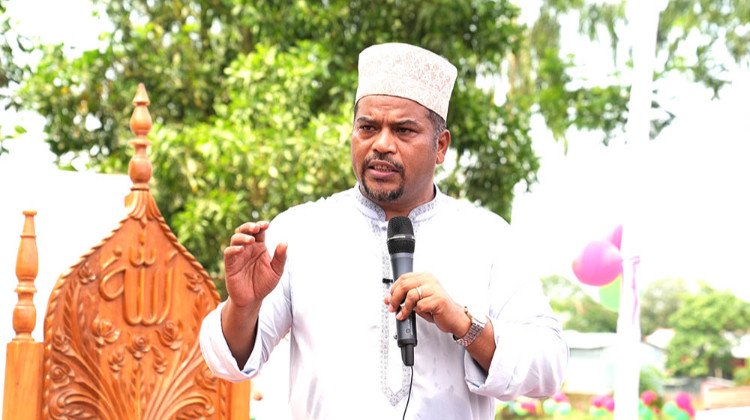
A Time of Global Crisis, A Message of Unity and Sacrifice
As thousands gathered for Eid-ul-Azha at Hezbut Tawheed’s central congregation in Sonaimuri, the atmosphere was charged with both spiritual reflection and a sense of historical urgency. Imam Hossain Mohammad Selim, in his powerful khutbah (sermon), addressed the congregation with a message that echoed far beyond the prayer ground — a message deeply relevant to the state of the Muslim Ummah and the global human condition.
“We are offering Eid prayers at a time of great crisis — not just for our nation but for humanity as a whole,” he began.
The State of the Muslim Ummah
The Imam drew attention to the humanitarian catastrophe in Palestine, where thousands of women and children have been brutally killed and millions displaced. He also referenced the ongoing plight of Rohingya Muslims in Myanmar, with over 60 million Muslims worldwide now living as refugees. War, oppression, poverty, and moral decline have engulfed the Muslim world.
“In this dark hour,” he declared, “Eid-ul-Azha arrives as a reminder of unity, sacrifice, and divine purpose.”
Rediscovering the Prophetic Legacy
Imam Selim reminded the audience of the final messenger, Prophet Muhammad (PBUH) — the bearer of divine guidance and the universal deen (way of life) based on La Ilaha Illallah. He called upon the Ummah to remember the Prophet’s sacrifices, the persecution faced by early Muslims, and the eventual transformation of a lawless Arab society into a beacon of justice, equality, and knowledge.
“Those who do not know this history,” he said, “are unfortunate. We must bring this knowledge into our homes and hearts.”
Rise and Fall: A Cautionary Tale
He detailed how the early Islamic renaissance led to centuries of global leadership in science, education, military strength, and social justice. Yet, the Ummah later abandoned Tawheed and true Islamic principles, splintering into sects and falling prey to colonial and capitalist systems.
“Today, our laws, our economy, and our politics are governed by systems inherited from the West — Roman, British, capitalist, and socialist ideologies. We are spiritually hollow, though physically vast.”
A Nation in Peril
Turning his focus to Bangladesh, the Imam highlighted the socio-political turmoil, increasing public debt, skyrocketing prices, and erosion of public trust. “The nation is in distress. People are desperate for an alternative system of life — one rooted in divine law and justice,” he declared.
He warned of external influences and internal unrest: “From India to China, to Western imperialism — our sovereignty is at stake. Meanwhile, regional conflicts and political infighting tear us apart from within.”
A Call to Action: Real Sacrifice, Real Revolution
“This Eid is not just about slaughtering animals,” the Imam continued. “True Qurbani is sacrificing one’s own ego, wealth, and life for the establishment of divine justice.”
He urged fathers to be ready to dedicate their children, as Prophet Ibrahim (AS) did, for the sake of truth and transformation.
“Until we submit to Allah’s laws with sincerity and courage, we will not be truly free. The rituals of Eid should be the worship of a free and sovereign nation — not a colonised one.”
A Message for the Global Ummah
Imam Selim concluded with a plea for Muslim unity, urging an end to sectarian divisions. “Had Iran, Saudi Arabia, and Turkey been united, the dominance of imperial forces would have ended long ago. But ego, power struggles, and disunity have rendered Muslim blood cheap.”
He reminded the congregation that the true United Nations is not in New York, but in Makkah — where Muslims gather in Arafat, under one leader, to seek solutions to global problems.
Final Words
“May Allah protect us, forgive our sins, and grant us the strength to stand united,” he prayed.
“Eid Mubarak to all — and may this be the Eid where we begin the journey toward true freedom, justice, and divine obedience.”
Images Related to this Post

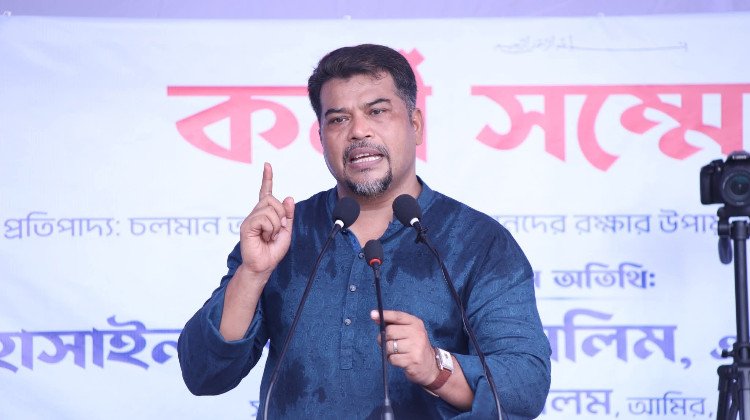

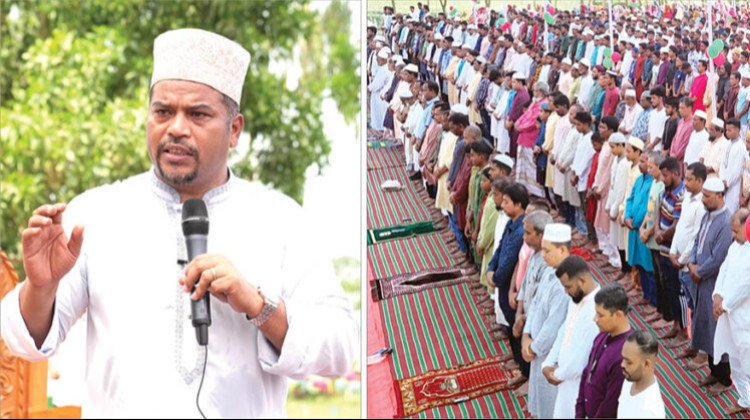







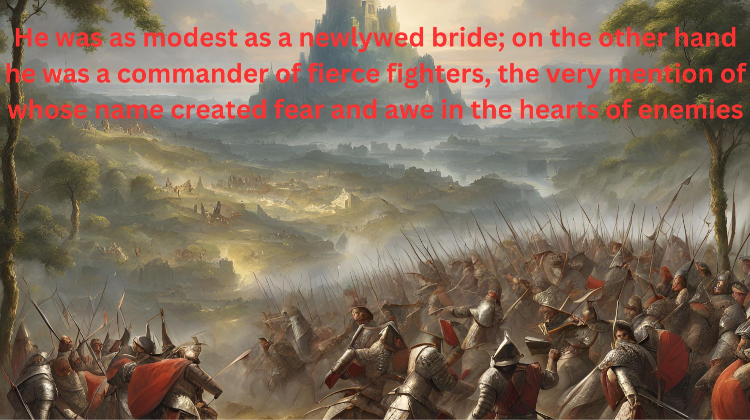
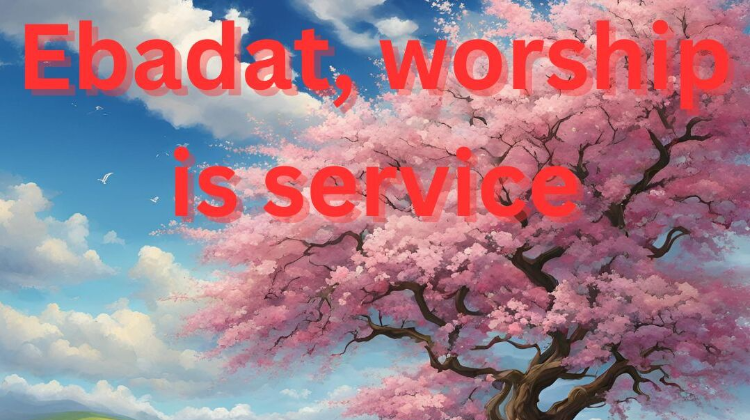
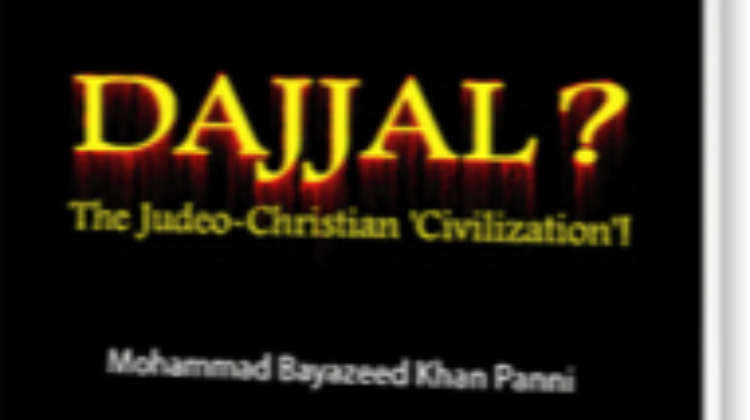


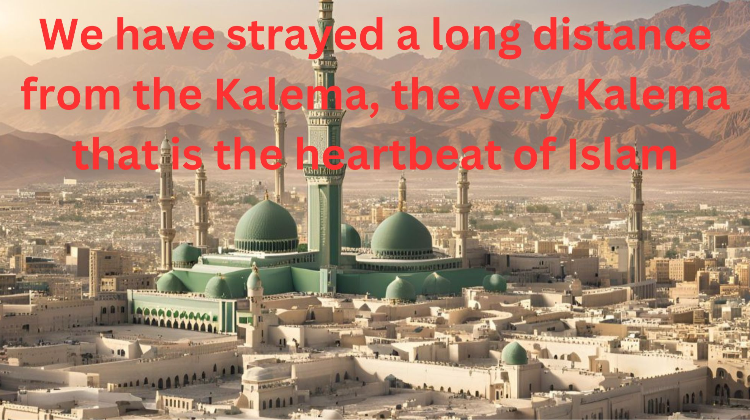
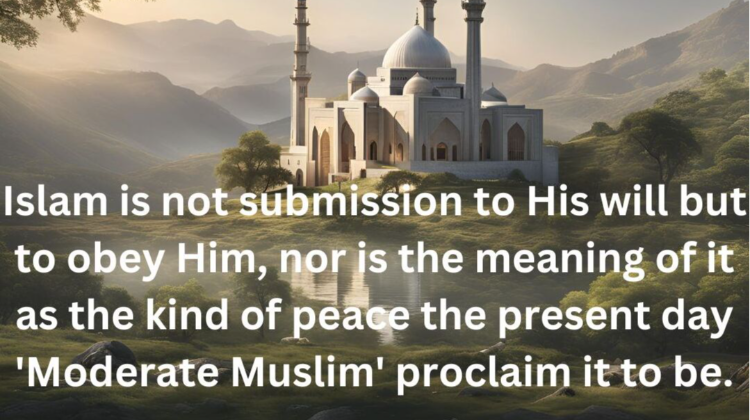

Leave a Comment